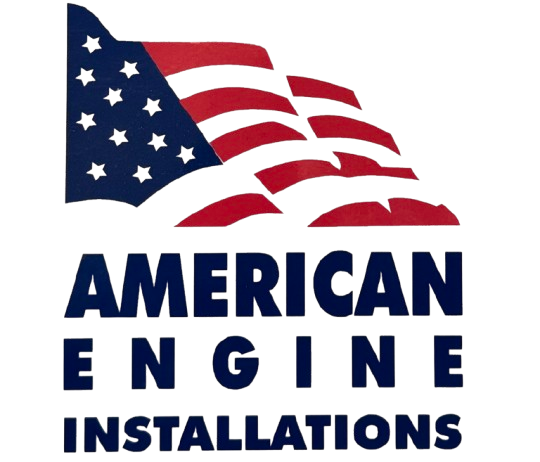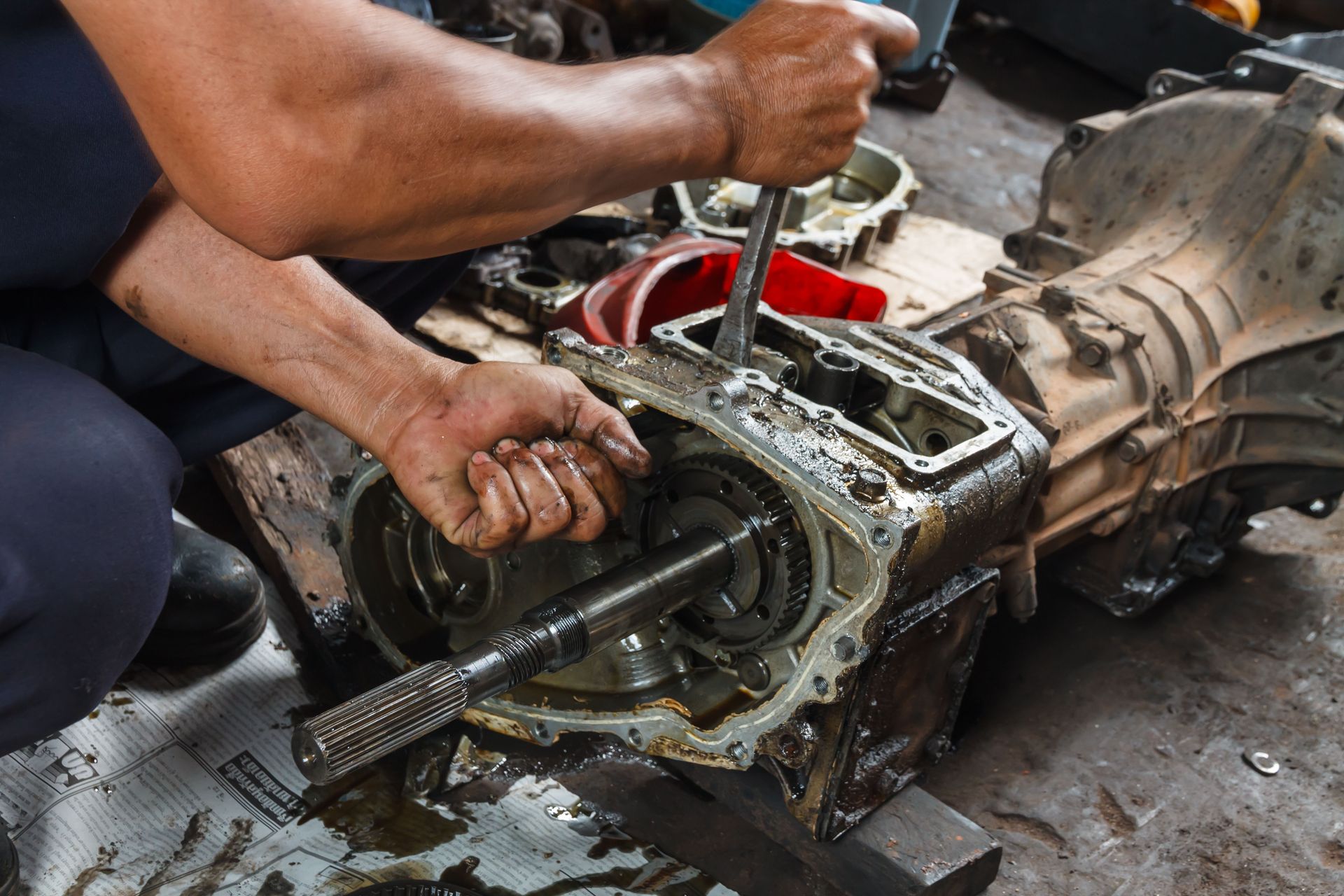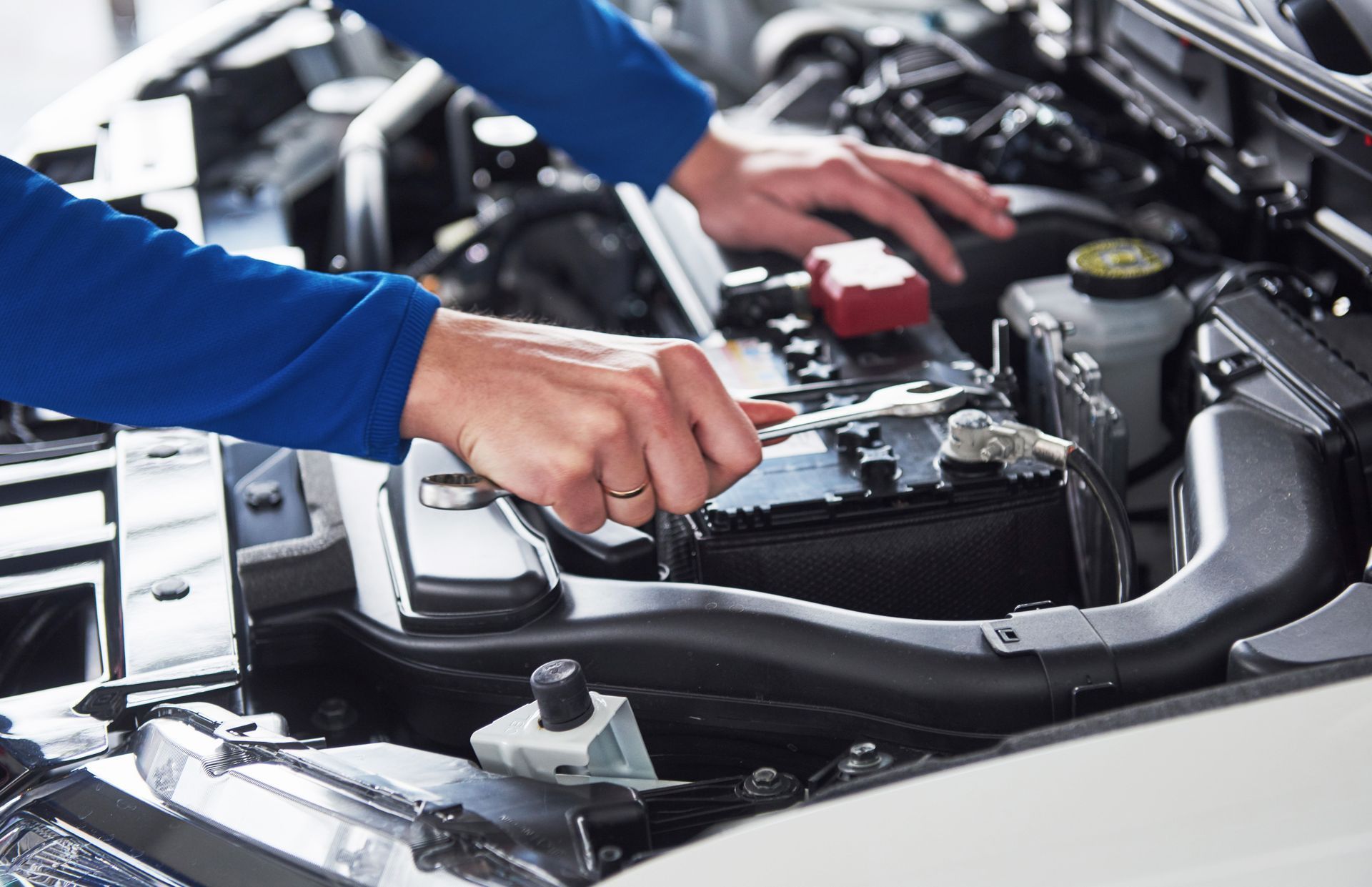The Truth About High Octane Fuel
We have all seen the gas station commercials with the talking cars that absolutely love high octane fuel. We have also heard the advertisements that tell us this fuel is better for our engines and the life of our cars. But is it really? The truth is, it depends.

When Is High Octane Better?
High octane fuel was made for high-performance vehicles. High octane fuel simply means the formula can withstand more compression before igniting. This leads to more lubrication for high-performance motors that run at hotter temperatures than normal engines, leading to a longer life for your engine.
When Is High Octane Not Needed?
This type of fuel is not needed for normal engines. Your vehicle’s engine produces a certain amount of heat or combustion pressure when it runs. A high-performance vehicle will produce higher combustion that needs extra protection. However, in a typical vehicle, normal combustion takes place and regular octane fuel will suffice. In fact, many times lower octane fuels can work better in typical car engines.
The fact is, unless you drive a high-performance vehicle, high octane fuel is not needed and really has no benefit. For your traditional car engines, save yourself some cash and opt for regular unleaded at the pump. If you are not sure which type is best or would like to know more about your vehicle’s individual needs and recommendations, call the American Engine Installations professionals at 404-920-4252 to schedule your appointment.
The post The Truth About High Octane Fuel appeared first on American Engine Installations.






Share On: